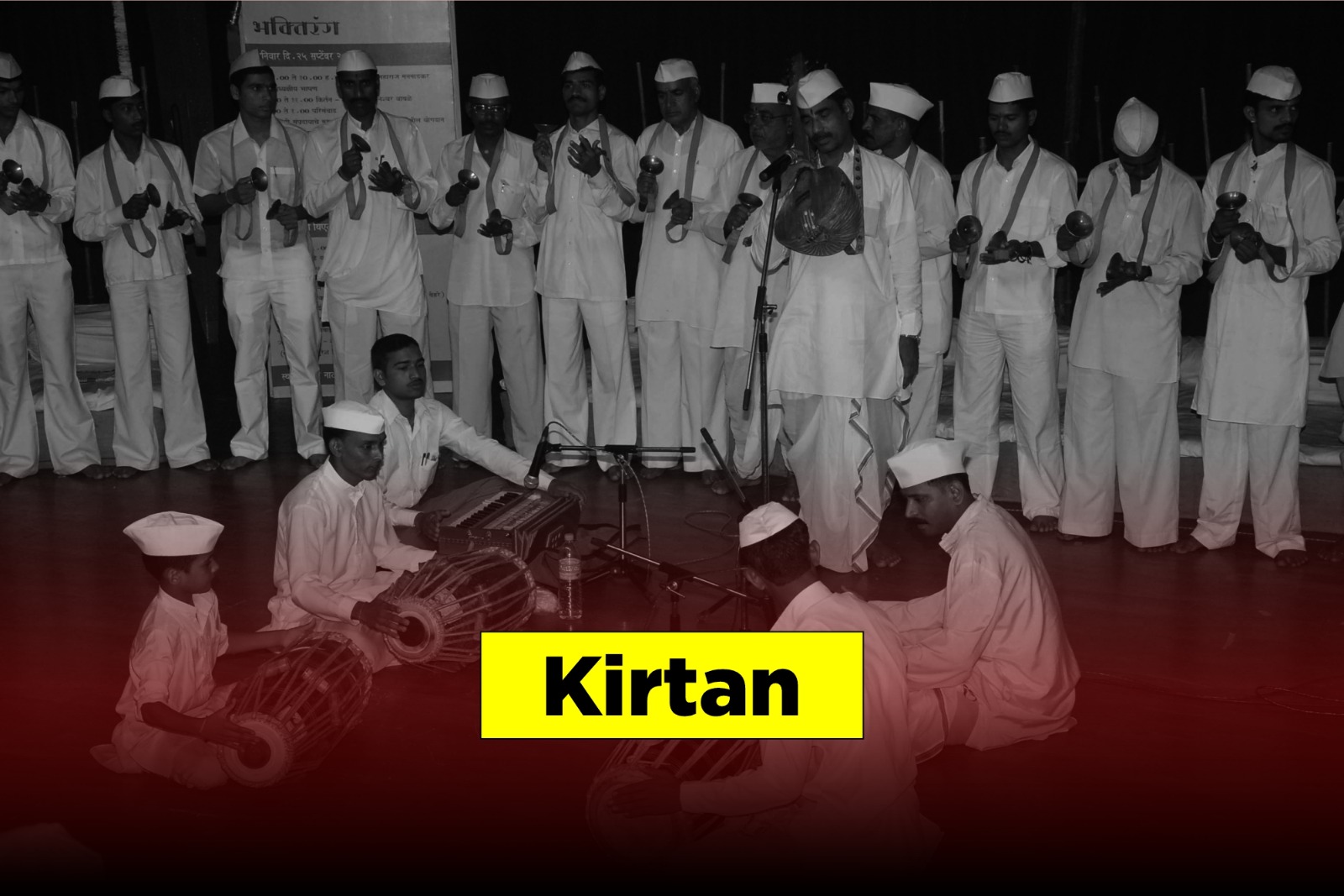Mahabharata: The Eternal Epic of Dharma, Destiny and Devotion
The Mahabharata is not a story of war.
Composed by: Maharishi Ved Vyasa
Language: Sanskrit
Length: Over 1,00,000 verses
Structure: 18 Parvas, with more than 200 sub-sections
Also includes: The Bhagavad Gita, a crown jewel of spiritual wisdom
Central Theme: The Struggle of Dharma
Mahabharata explores Dharma (righteousness) — how complex, subtle, and difficult it can be to follow it in real life.
Through the lives of kings, warriors, sages, queens, and commoners, it asks:
What is the right action when duty conflicts with emotions?
Is war justified for truth?
How does one rise above ego and desire?
The Core Story
The Mahabharata tells the story of Kauravas and the Pandavas, of the Kuru dynasty.
Main Characters:
Yudhishthira: truth and righteousness
Bhima: The strongest warrior
Arjuna: main character of Bhagavad Gita
Nakula & Sahadeva: Twins, wise and virtuous
Draupadi: wife of the Pandavas, symbol of strength and dignity
Krishna: Friend, guide, and divine charioteer of Arjuna
Key Events
The Dice Game:
Pandavas lose their kingdom and Draupadi in a deceitful game. They go into 13 years of exile, including 1 year in disguise.
The Forest Period:
They meet sages, gain wisdom, and prepare for future battles.
The Kurukshetra War:
A massive war of 18 days where dharma and adharma clash.
Ends with the destruction of almost the entire warrior class.
The Bhagavad Gita:
The Gita becomes a spiritual lighthouse for generations.
Wisdom Beyond the War
The Mahabharata is about awakening consciousness. It teaches:
Dharma is complex — even the wise must think deeply.
Power without humility leads to destruction.
Forgiveness, inner strength, and surrender to God are the paths to peace.
True wisdom lies in detachment and service.
Legacy & Influence
Read across India for centuries — in Sanskrit, Hindi, Marathi, Tamil, Bengali & more.
Quoted by saints, leaders, and scholars for its philosophy and depth.
Conclusion
The Mahabharata is our story. Every human emotion, every life dilemma, every spiritual question is reflected in its pages.To read the Mahabharata is to walk through the battlefield of life — and emerge wiser, humbler, and closer to truth.
“What is found in the Mahabharata may be found elsewhere, but what is not found here cannot be found anywhere.”
— Mahabharata Adi Parva


